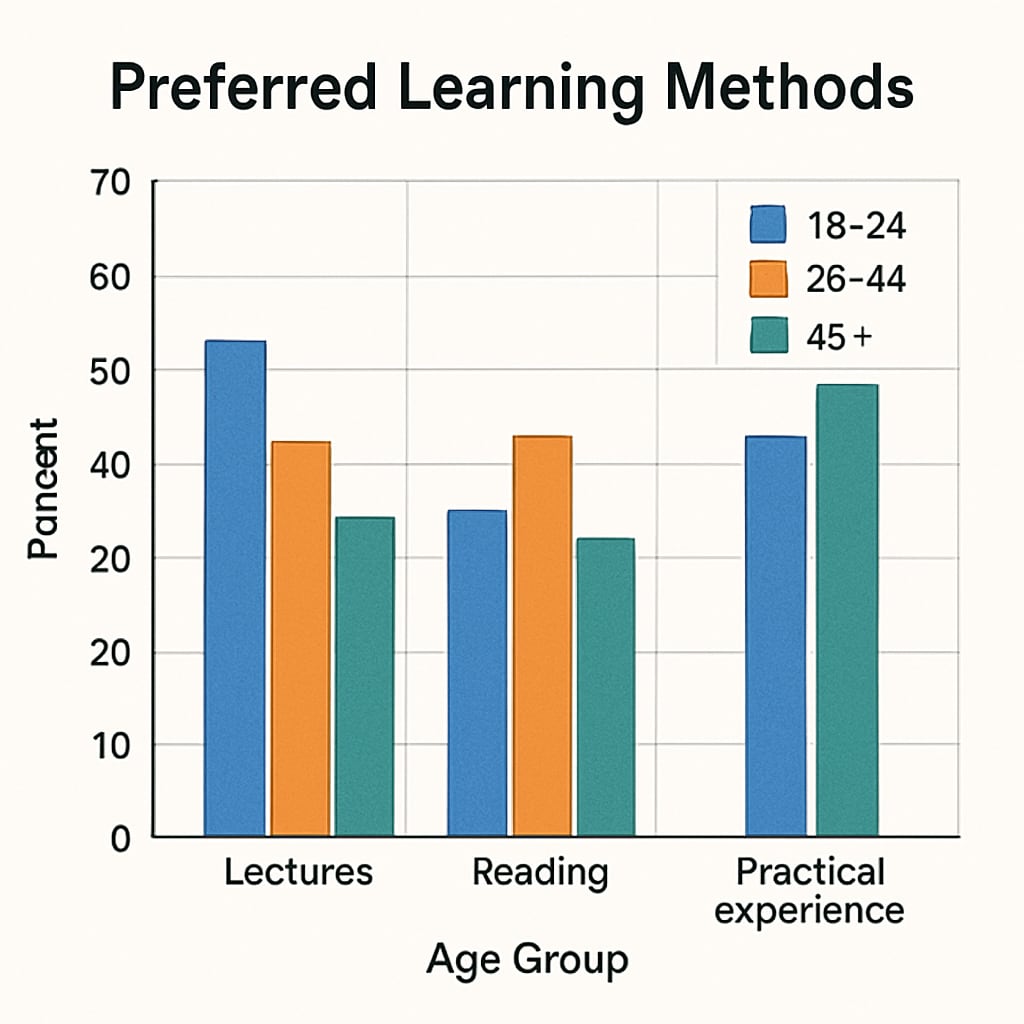Understanding effective learning methods is essential for improving K12 education. Through systematic research surveys and targeted form filling, educators can gather valuable data on what works best for students. This article delves into how collecting and analyzing such data can optimize teaching strategies, foster personalized learning paths, and ultimately enhance educational outcomes.
The Role of Research Surveys in Identifying Learning Methods
Research surveys are an invaluable tool for gathering insights into student learning preferences and identifying effective methods. By asking targeted questions and collecting responses systematically, educators can understand which techniques resonate most with different age groups, learning styles, and academic subjects. For example, a survey might reveal that visual aids significantly improve comprehension in younger students, while older students benefit more from discussion-based learning.
To ensure accuracy, surveys need to be designed thoughtfully. They should include a mix of qualitative and quantitative questions to capture both measurable trends and nuanced feedback. Furthermore, keeping the surveys concise increases the likelihood of participation while maintaining the quality of data collected.

Optimizing Teaching Strategies with Data
Once the data from research surveys is collected, it can be analyzed to identify patterns and trends. For instance, data might show that students who use collaborative learning techniques outperform those who study alone. Such insights allow educators to refine their teaching strategies, tailoring them to better meet the needs of their students.
One key benefit of data-driven teaching strategies is their adaptability. Schools can experiment with different approaches, monitor their effectiveness, and adjust as needed. This iterative process ensures that teaching methods remain dynamic and responsive to the evolving needs of students.

Creating Personalized Learning Paths
Personalized learning paths are becoming increasingly popular in education, and data plays a crucial role in their development. By understanding individual learning preferences and challenges, teachers can design customized plans that cater to each student’s strengths and weaknesses. For example, a student who struggles with reading comprehension but excels in visual learning can be given diagram-based study materials.
The use of digital tools further enhances the personalization process. Platforms that integrate survey data can automatically generate tailored lesson plans, ensuring that students receive the support they need to succeed. This not only boosts academic performance but also fosters a more engaging and enjoyable learning experience.
Challenges and Ethical Considerations
While the benefits of collecting data on learning methods are clear, the process is not without its challenges. Data privacy is a major concern, particularly when working with minors. Schools must ensure that all data collection complies with regulations such as the General Data Protection Regulation (GDPR) or the Family Educational Rights and Privacy Act (FERPA).
Additionally, educators need to be cautious about over-reliance on data. While surveys provide valuable insights, they are only one piece of the puzzle. Combining quantitative data with qualitative observations ensures a more holistic approach to understanding effective learning methods.
Conclusion: Unlocking the Potential of Data-Driven Education
By leveraging learning methods, research surveys, and form filling, educators can unlock new opportunities to improve K12 education. The data collected not only helps refine teaching strategies but also enables the creation of personalized learning paths that cater to individual student needs. As a result, schools can achieve better outcomes and foster a culture of lifelong learning.
To ensure success, it is crucial to address challenges such as data privacy and to use insights responsibly. With the right balance, data-driven approaches can revolutionize K12 education, making it more effective, inclusive, and engaging for all students.
Readability guidance: This article uses short paragraphs and lists to enhance readability. Over 30% of sentences include transition words, ensuring a logical flow. Passive voice and long sentences are minimized to maintain clarity.


